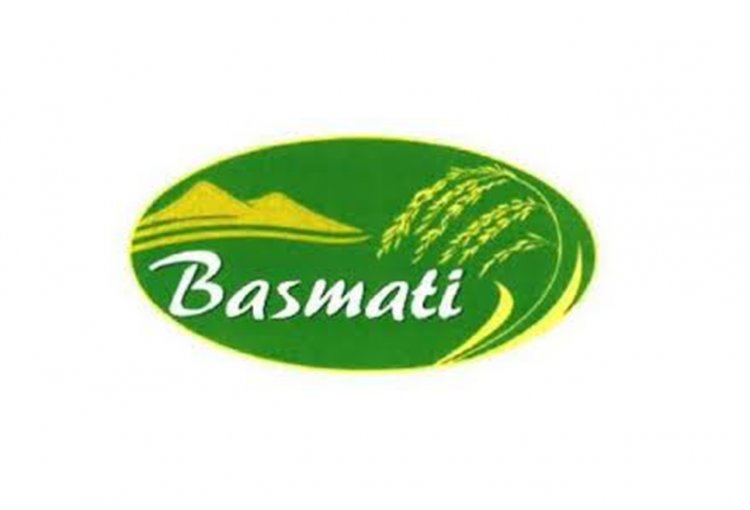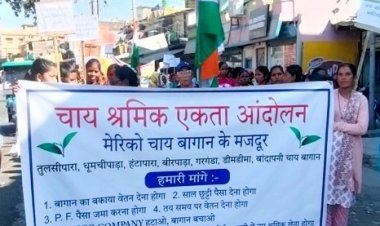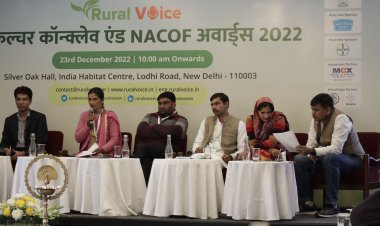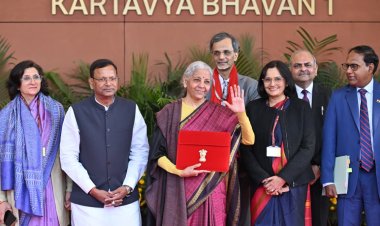Pak propaganda on Basmati, while India holds trademark in New Zealand, case pending in Australia
Pakistan media recently spread false news that India’s ownership claim for Basmati rice was rejected in New Zealand and Australia. However, highly placed sources in the Government of India have dismissed these reports as false and misleading.

Pakistan media recently published reports claiming that India's ownership claims for Basmati rice have been rejected in New Zealand and Australia and that Pakistan got recognition for its Basmati rice in these countries.
Highly placed sources in the Government of India told Rural Voice that these reports are false and misleading, propagated by ill-informed news channels in Pakistan. The fact remains that India already holds a logo mark registration in New Zealand for Basmati, while Pakistan has no such registration. As for the remaining applications filed by India in New Zealand and Australia, these are still under consideration by the courts and tribunals in these countries. No registrations have been granted to Pakistan in either of these countries to date. Cases regarding ownership claims on Basmati are still pending in New Zealand and Australia.
The Agricultural and Processed Food Exports Development Authority (APEDA), under the Ministry of Commerce and Industry of the Government of India, has been actively engaged in the protection and prosecution of its Basmati name and logo certification trademark applications in New Zealand and Australia. Trade Development Authority of Pakistan (TDAP) has filed objections to APEDA application for Basmati in Australia.
A senior APEDA official told Rural Voice that the matter is set for trial before the Federal Court of Australia in April 2025 regarding India’s application for Basmati name registration. Meanwhile, Pakistan’s objections to India’s claim over the Basmati trademark are pending with Australia’s Intellectual Property Office. Pakistan’s own application for Basmati registration is still at the examination stage in Australia. The APEDA official also rejected Pakistan media reports as false and incorrect.
In New Zealand, India already holds a logo mark registration valid until August 28, 2028. Pakistan, on the other hand, has no such registration in New Zealand. A hearing is scheduled in the New Zealand High Court this month on Pakistan's claim to the name Basmati, while Pakistan’s application for the Basmati trademark in New Zealand's Intellectual Property Office is also pending, said the APEDA official.
Geographical Indication Battle in the EU
India has also applied for Geographical Indication (GI) protection for Basmati in the European Union (EU), a process that is still ongoing. In response, Pakistan has submitted its application, which India has formally objected to. India applied for the GI tag much before Pakistan, as India had an established GI law since 1999, whereas Pakistan enacted its GI law only in 2022.
Notably, Pakistan's application controversially includes regions like Pakistan-occupied Kashmir (POK) and Balochistan, where Basmati is not traditionally grown. India lodged a detailed protest against this misrepresentation in the EU last year.
A Longstanding Dispute
The battle over Basmati ownership between India and Pakistan has persisted for years. A 2008 joint meeting between both nations initially proposed a cooperative GI application, recognizing 14 districts in Pakistan and seven states in India as Basmati-producing regions. However, due to strained relations, this plan was never implemented.
India formally applied for the GI tag in the EU in 2018, but the application was put on hold. When Pakistan applied in 2022, the EU processed it on a fast track. Pakistan subsequently expanded its Basmati-producing districts from 14 to 44, including four districts in Pakistan-occupied Kashmir. Since Pakistan does not have provisions for making GI applications public, India only learned of these claims after Pakistan’s EU application was published for objections.
Global Market Stakes
Basmati rice commands a premium in international markets, with prices significantly higher than non-Basmati varieties. India annually exports Basmati worth approximately ₹50,000 crore, making it one of the most valuable agricultural exports. With both countries competing for market dominance, the dispute over Basmati ownership has reached international forums and courts.
India continues to actively defend its Basmati heritage through legal channels in multiple jurisdictions. The upcoming hearings in New Zealand and Australia, along with the EU’s pending decision on GI status, will be crucial in determining the future of Basmati's global recognition and trade rights.



 Join the RuralVoice whatsapp group
Join the RuralVoice whatsapp group









































